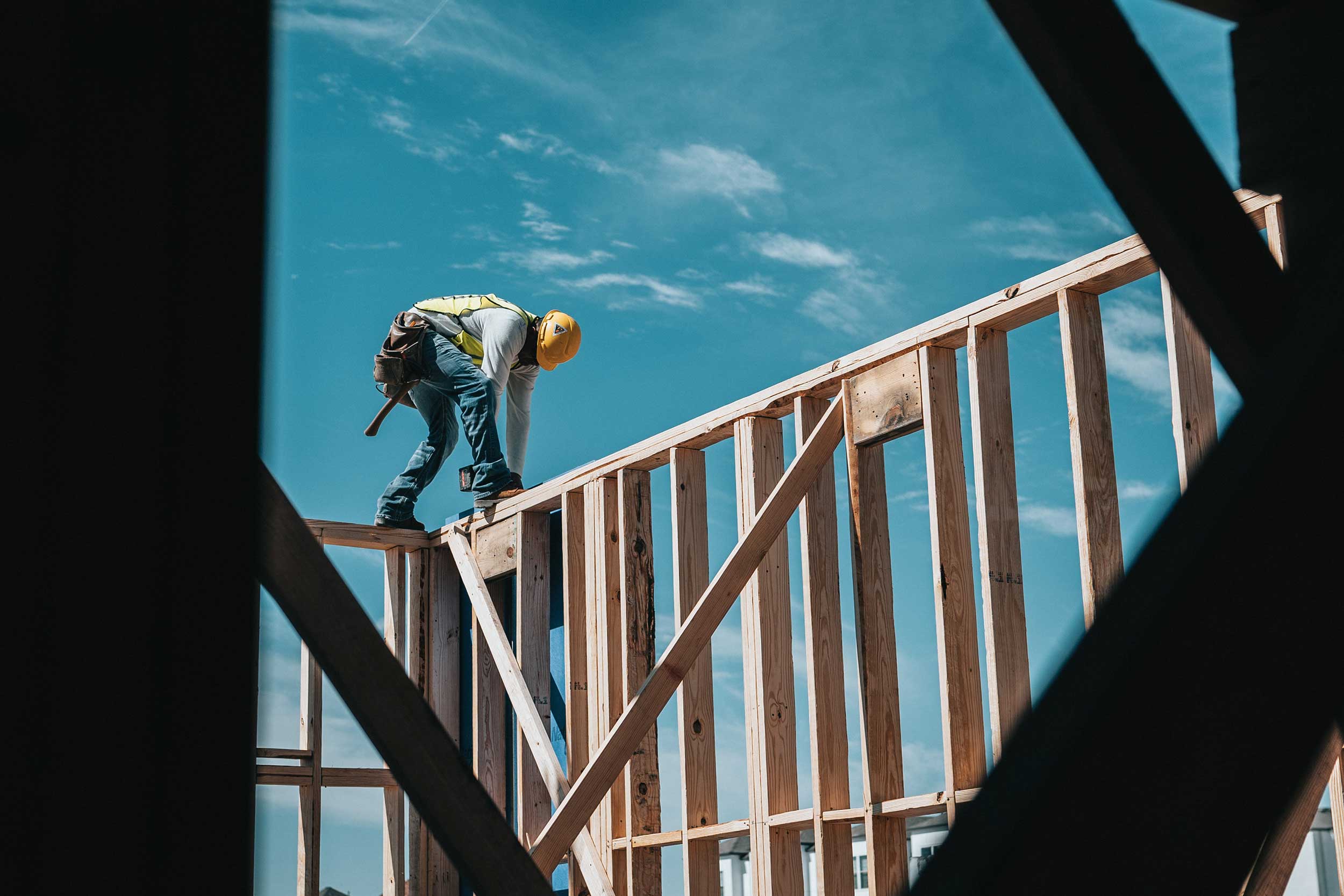Is your construction company able to overcome technological challenges through the creative innovation of products and processes? If yes, your company may qualify for an R&D tax credit.
Due to a lack of awareness and common misconceptions, many construction companies don’t realize that they’re performing R&D that qualifies for a tax credit. R&D tax credits are a money-saving opportunity that many contractors fail to notice merely because they are unaware that the tax credit is available to them. The R&D tax credit can help construction companies stay ahead of the competition and provide lucrative savings.
What counts as R&D?
Some qualifying R&D credit activities for contractors include:
- Experimentation with new building materials
- Developing new or improved technology in existing buildings
- Custom design work to accommodate visual or structural needs
- Improving the overall construction process to increase efficiencies
- Development of innovative assembly of construction methods that accelerate or improve the construction process
What other activities do not qualify for construction?
- Research that has been funded
- Existing components that are duplicated or adapted
Applying the Four-Part Test
The test consists of four independent qualifiers that must be met in order for the project to be eligible for the R&D credit. The four tests are summarized below:
- Permitted Purpose – The action must be designed to enhance or improve a business component’s functionality, performance, reliability, or quality.
- Elimination of uncertainty – The activity must be designed to eliminate technical uncertainty about a product’s or process’s technique of development or improvement.
- Process of Experimentation – Almost all the processes must be a part of an experimentation procedure. To reach an uncertain result, they must involve the evaluation of multiple alternatives.
- Technological in Nature – The process of experimentation must rely on the hard sciences such as chemistry, biology, engineering, or computer science.
How can KPT Consulting help?
Let our team collaborate with you and assist you to get the most out of this valuable credit so you can keep reinvesting in your company. Contact us today if you think your company may have engaged in R&D activities and want some expert guidance on how to move forward.




